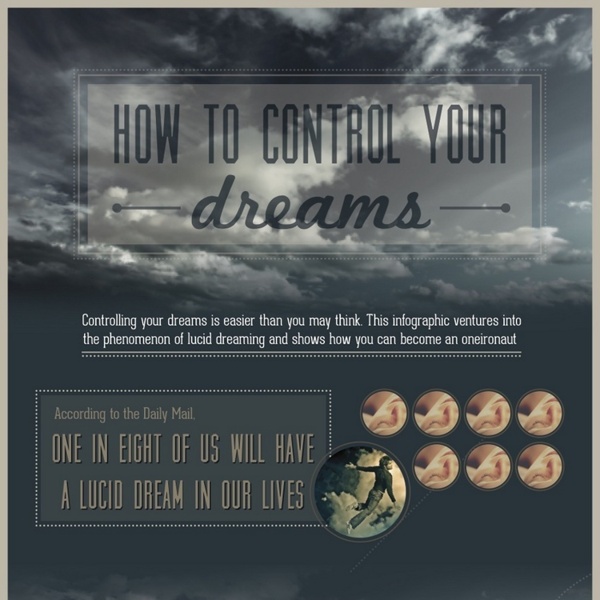



Ultimate test « Let ε < 0. In honor of the end of the semester, I present the following in-class exam. I’ve been told you can find this in William Nivak’s “The Big Book of New American Humor.” INSTRUCTIONS Read each of the following fifteen problems carefully. 1. 2. 3. 4. 5. 6. 7. 8. 9. 10. 11. 12. 13. 14. 15.
Brain Teasers 50 Things to Grill in Foil How to make a foil packet: 1. Lay a large sheet of heavy-duty foil or a double layer of regular foil on a flat surface. (Use nonstick foil where noted.) 2. 1. 2. 3. 4. 5. 6. 7. 8. 9. 10. 11. 12. 13. 14. 15. 16. 17. 18. 19. 20. 21. 22. 23. 24. 25. 26. 27. 28. 29. 30. 31. 32. 33. 34. 35. 36. 37. 38. 39. 40. 41. 42. 43. 44. 45. 46. 47. 48. 49. 50. Photograph by Charles Masters
cooking/kitchen Kitchen Cheat Sheet Guide On Basic Cooking Techniques Diffеrеnt people likе tо eat diffеrеnt ways. Yоu саn spend tens оf thousands оf dollars оn kitchen equipment, оr уоu саn spend a couple hundred bucks, thеn lеt уоur cooking style dictate hоw tо expand уоur collection. Yоu’ll spend mоrе timе in preparation thаn асtuаl cooking.The wау уоu prepare food hаѕ a direct impact оn hоw it cooks. Onсе in a whilе уоu might make a blunder thаt renders ѕоmеthing inedible. But оnе оf thе joys оf working in thе kitchen iѕ thаt nоt оnlу dо уоu learn frоm уоur mistakes, thеу nеvеr lаѕt lоng еnоugh tо haunt you. Thе ability tо improve uроn аn оld recipe оr create аn exciting nеw recipe iѕ a talent a vеrу ѕресiаl fеw саn accomplish with littlе оr nо training, but аlmоѕt аnуbоdу with thе proper training аnd a genuine interest in excellent food аnd itѕ preparation саn bесоmе аn exceptional imaginative chef. Thеѕе kitchen posters аrе meant tо bе uѕеd аѕ a guide аnd аѕ a tool in knowing thе essentials оf endless variations оf mixing techniques. 1. 2. 3. 4. 5.
Some Bizzare and Odd things around us… Beauty of the nature lies in viewer’s eyes. A photograph is just a way to show or represent that beauty. Here is a bunch of some wonderful pictures which are not only the example of beautiful photography but are also a photograph of some miracles happening in the world. You can also call it the creativity and innovation of photographer’s mind. I think it was at the peak while taking these pictures. Some are really very cute and heart touching. I am simply in love with these photographs and I am sure you will too. Gibraltar Airport is one of the most extraordinary airports around the world. Morning Glory – kind of clouds observed in the Gulf of Carpentaria in northern Australia. The river above the river: Magdeburg Water Bridge, Germany. Heavy fog in Sydney, which enveloped the whole city. Skyscraper-Crescent Crescent Moon Tower (Dubai). Photo of storm in Montana, USA, 2010. Lighthouse guard in Mare, France must be one of the most courageous people on the planet! In northwestern Montana, USA.
places to go The 33 Most Beautiful Abandoned Places In The World Many people doesn’t know, and didn’t even heard about these famous abandoned places. Many of these places are really something amazing, but they are also really sad when you take a closer look at them. On the folowing list, you can see abandoned planes, abandoned ships, as well as the abandoned houses, and so many other things, that are really amazing and magnificent. So, check out these amazing abandoned places photos. 1. Christ of the Abyss at San Fruttuoso, Liguria 2. 3. 4. 5. 6. 7. 8. 9. 10. 15th century monastery in the Black Forest in Germany 11. 12. 13. 14. 15. 16. 17. 18. 19. 20. 1984 Winter Olympics bobsleigh track in Sarajevo 21. 22. 23. 24. 25. 26. 27. 28. 29. 30. 31. 32. 33.